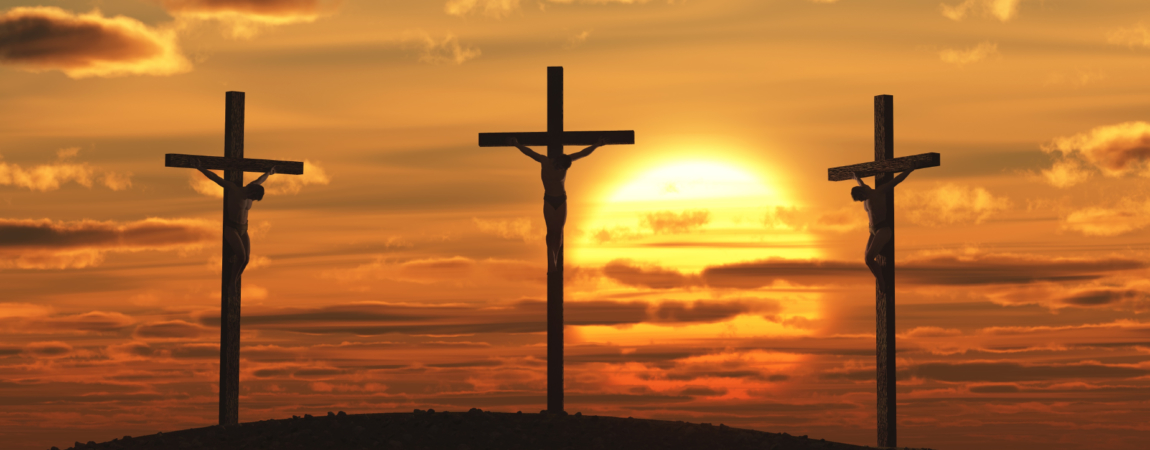“Christians met on the first day of the week (Acts 20:7), so that’s when SABBATH is.”
A. The claim & Acts 20:7 translations
Acts 20:7 (KJV) — “And upon the first day of the week, when the disciples came together to break bread, Paul preached unto them, ready to depart on the morrow; and continued his speech until midnight.” (note: evening service)
Acts 20:7 (GNB) — “On Saturday evening we gathered together for the fellowship meal. Paul spoke to the people and kept on speaking until midnight, since he was going to leave the next day…”
They were meeting Sat evening, this is not a Sunday morning service
B. Greek: the word sabbaton (G4521) in Acts 20:7
The word translated “week” is actually sabbátōn (σαββάτων), meaning, the weekly “Sabbaths.”
Acts 20:7 (Greek) — Ἐν δὲ τῇ μιᾷ τῶν σαββάτων … Παῦλος διελέγετο αὐτοῖς ἕως μεσονυκτίου.
Thus the phrase can be read as “on the first of the Sabbaths,” a feast-counting phrase, not a reference to Sunday worship. 
Also, the word ‘day’ is not in the original text, so the correct translation is ‘on the first of the Sabbaths’
C. Why is “On the first of the Sabbaths” relevant?
“First of the Sabbaths” & counting to Pentecost
This tells us that what Paul was saying took place during the Feast of Firstfruits; why? Because it comes after the days of Unleavened Bread. After Firstfruits, we are commanded to count seven Sabbaths leading to Pentecost.
Leviticus 23:15–16 — “And you shall count for yourselves from the day after the Sabbath, from the day that you brought the sheaf of the wave offering: seven Sabbaths shall be completed. 16 Count fifty days to the day after the seventh Sabbath; then you shall offer a new grain offering to the LORD.”
So Paul is saying that they came together to eat on the count of the first of the seven Sabbaths.
What does all this tell us?
It not only clarifies WHAT is actually happening here, but also WHEN (on a Sabbath count). More importantly, it explains WHY — Paul is honoring the Old Testament Feasts, the very thing that much of Christianity says is “not forever.”
What, When & Why of Acts 20:6-7
WHAT: They came together to eat (“break bread”) to celebrate the “first” of the 7 Sabbaths during Feast of First Fruits as commanded in Leviticus 23:15-16 and before the 7th consecutive Sabbath (about 50 days) when he was going to travel and get to his destination BEFORE Pentecost. So, Paul preached before his departure in the morning, as he needed to make his destination before Pentecost so he could celebrate Pentecost NOT on a ship.
WHEN: It was an evening service, lasting “until midnight.”
WHY: Paul was leaving the next day; so he could celebrate the Pentecost Feast (in about 50 days) so as to NOT be on a ship and with fellow believers. This passage has nothing to do with a Sabbath change.
E. 1 Corinthians 16:1–2 and the “first day” offering
1 Corinthians 16:1–2 (KJV)
1 “Now concerning the collection for the saints, as I have given order to the churches of Galatia, even so do ye.”
2 “Upon the first day of the week let every one of you lay by him in store, as God hath prospered him, that there be no gatherings when I come.”

This is the same language as Acts 20:7. This could be Sabbath morning service or Sabbath evening service. Even if it was the 1st day of the week, it’s not saying anything about Sunday Church taking the place of Saturday or any other inferences.
Context: Just lay aside some money and I’ll pick it up and take it to Jerusalem. This does not refer to Sunday “Sacredness”.


